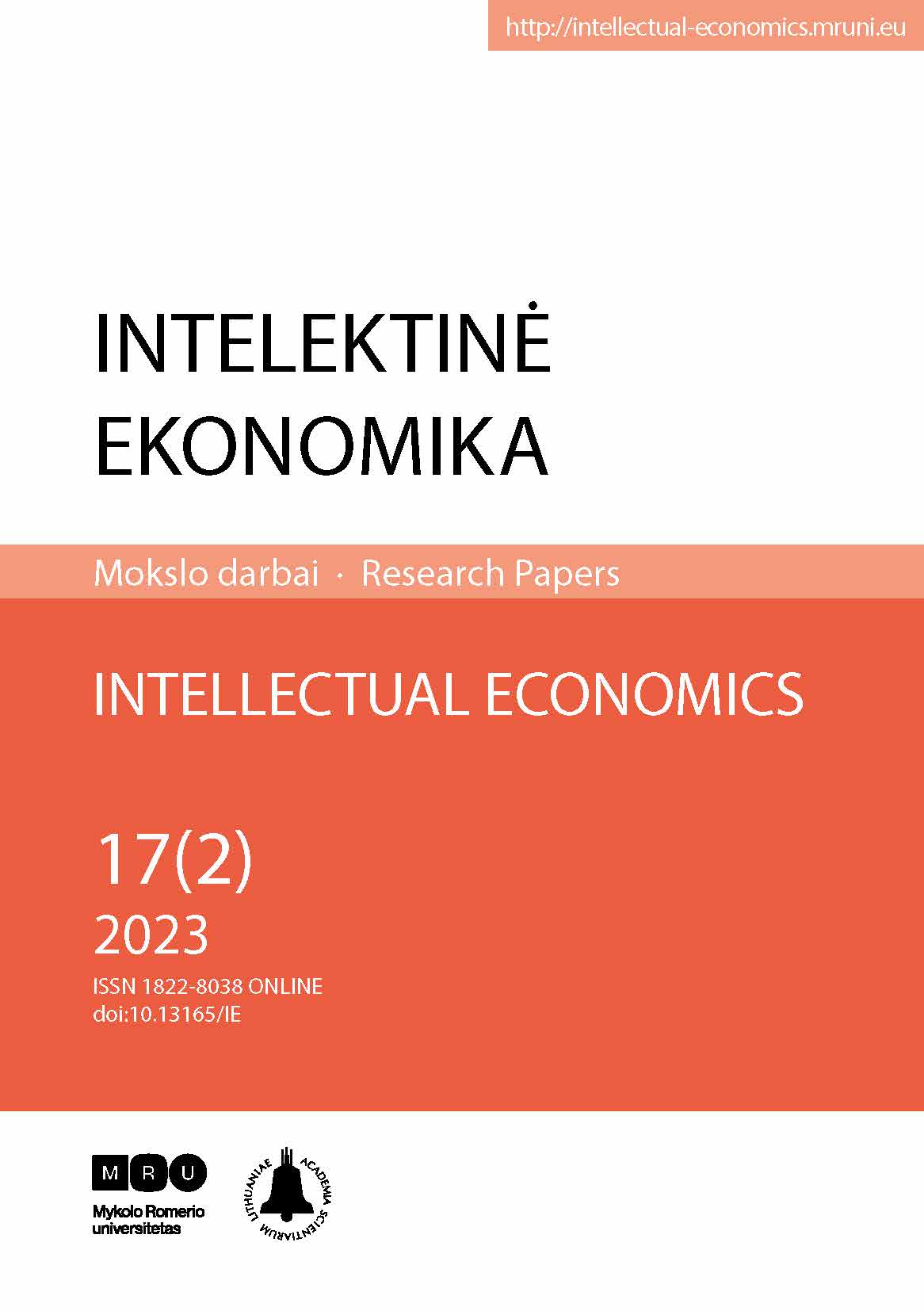BEHAVIORAL ECONOMIC MODEL OF ENVIRONMENTAL
CONSERVATION IN HUMAN RESOURCE MANAGEMENT
BEHAVIORAL ECONOMIC MODEL OF ENVIRONMENTAL
CONSERVATION IN HUMAN RESOURCE MANAGEMENT
Author(s): Viktor V. Koval, Dmytro Havrychenko, Liliya Filipishyna, Iryna Udovychenko, Liudmyla Prystupa, Inesa MikhnoSubject(s): Human Resources in Economy
Published by: Mykolas Romeris University
Keywords: behavioural model; environmental conservation; HRM; resource management;
Summary/Abstract: Purpose. The study analyses a sustainable behavioural model in natural resource management that could have a positive impact on the environment and create conditions for rationalizing economic behavior through strategic resource management. Design. It examines the current influence of conservation on individual behavior, reflecting how behavior depends on social norms, habits, and individual choices, as well as the potential for correcting behavior using predictable scenarios. To enhance eco-friendly relationships, it is suggested to develop and implement a step-by-step scenario, starting with individuals and gradually increasing interaction by incorporating state-of-the-art digital technologies and considering conservation. When engaging individuals in environmentally friendly economic behavior, it is proposed to create conditions that allow them to choose their roles and utilize their potential to the fullest, fostering a sense of fulfillment and increasing interest in further environmental development. Findings. The study determined that biopotential decreases over time, and the curve of biopotential and human potential index has a steeper negative angle, leading to a point of no return when the population experiences stress. Highlighting this negative reality to people is crucial for correcting their behavior. Negative examples are effective in changing consumer behavior. Originality. For each group behaviour, a specific schedule of further actions can be created to adjust consumer behavior towards the consumption of ecological and economic products that increase the biocapacity of the territory. It has been established that with a 12% change in consumer orientations towards environmental friendliness, it is possible to stabilize biocapacity by implementing scenarios for environmental behavior and leveraging the psychology of natural resource conservation.
Journal: Intelektinė ekonomika
- Issue Year: 17/2023
- Issue No: 2
- Page Range: 435-456
- Page Count: 22
- Language: English

